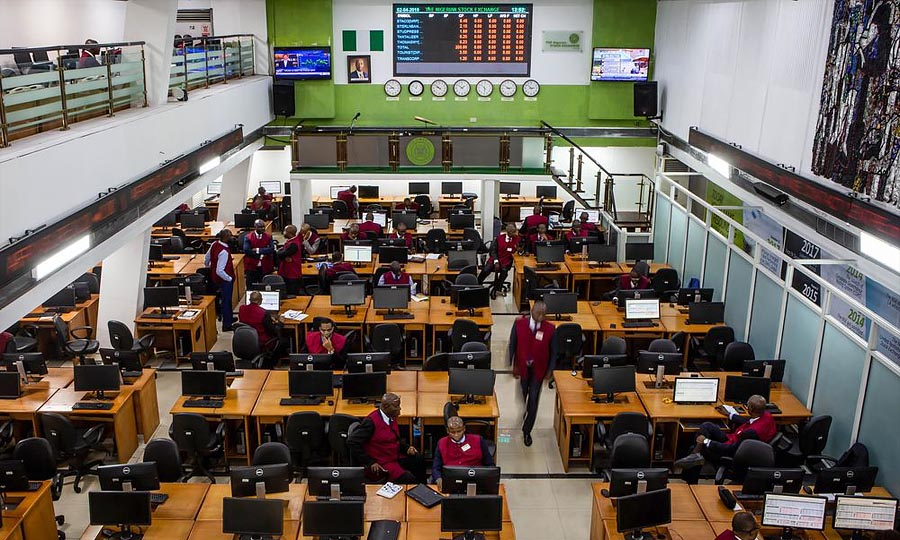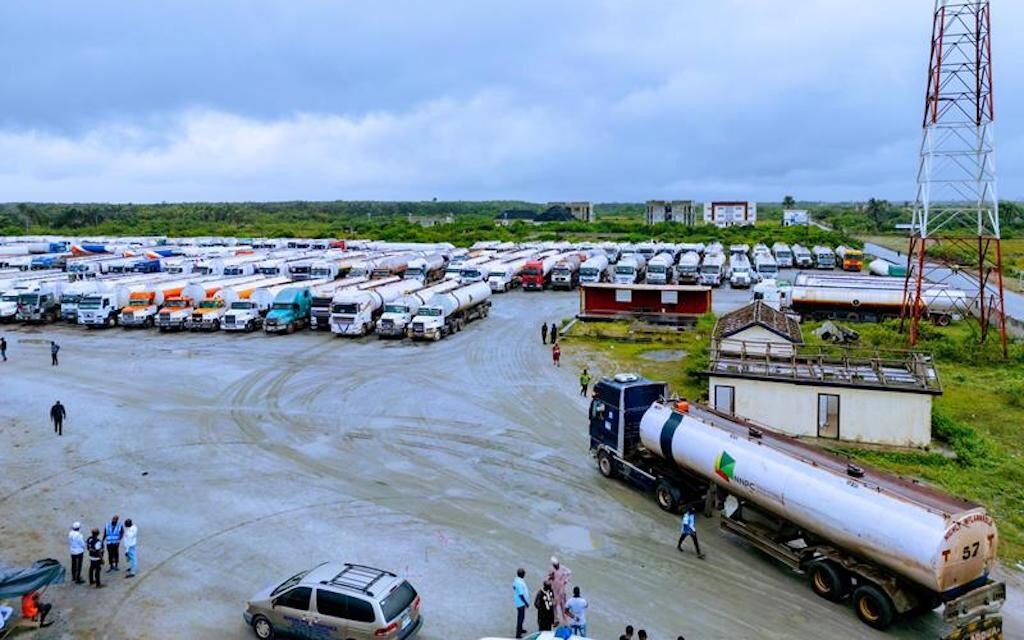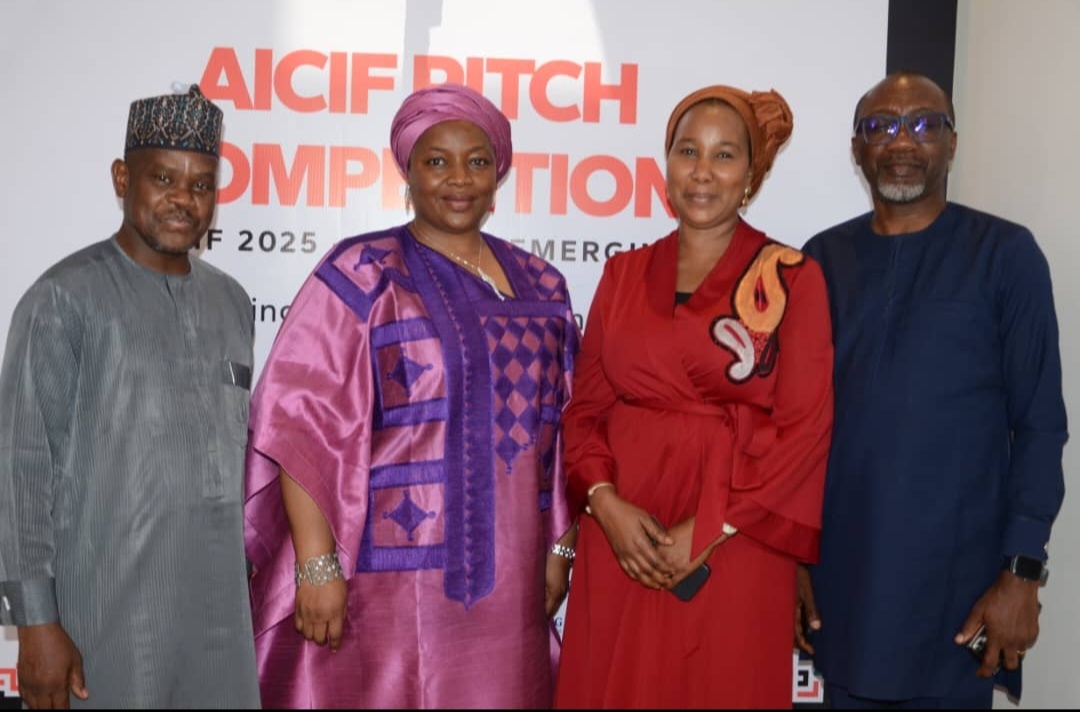DANIEL OMAMAGBE argues that development cannot thrive in an atmosphere of distrust, hostility or violence
Delta State, one of Nigeria’s most diverse and resource-rich regions, is often celebrated for its cultural vibrancy, economic potential, and strategic position in the Niger Delta. Yet, beneath the promise lies a delicate balance: sustaining peace among its multi-ethnic communities. Governor Sheriff Oborevwori understands this reality, and on the occasion of the 2025 International Day of Peace, he issued a profound reminder in Warri: “Without peace, diversity could become a weakness instead of a strength.” His words, delivered under the theme “Act Now for a Peaceful World”, underscored an urgent truth — that peace is not an abstract aspiration for tomorrow, but an immediate responsibility for today. Delta State is home to Ijaw,Isoko, Itsekiri, Urhobo, and other ethnic groups. Its communities, while bound by shared geography, have sometimes been divided by competing interests over land, resources, and politics. Governor Oborevwori’s warning that diversity without peace risks becoming a weakness is rooted in these lived realities. “Infrastructure such as hospitals, schools, and markets will mean little or nothing if communities remain in conflict,” he told the audience in Warri. This message strikes at the heart of governance in multi-ethnic societies. Development cannot thrive in an atmosphere of distrust, hostility, or violence. A well-built hospital means nothing if patients fear traveling there. A state-of-the-art school will remain underutilized if insecurity drives families away. Markets lose their vitality if buyers and sellers are divided by fear rather than united by commerce. For Oborevwori, peace is not just another agenda item; it is the foundation upon which every other policy, from healthcare to infrastructure is built. Governor Oborevwori has consistently emphasized that the MORE Agenda — Meaningful Development, Opportunities for All, Realistic Reforms, and Enhanced Peace and Security, is inseparable from the pursuit of peace. “Every policy of my administration under the MORE Agenda is anchored on sustaining unity and harmony across the state,” he reiterated at the International Day of Peace commemoration. This is not rhetoric. Across Delta, the government’s interventions in infrastructure, education, and healthcare are strategically paired with deliberate investments in peace-building. The logic is simple: without peace, development is fragile and unsustainable. One of the governor’s most significant tools in promoting harmony is the Delta State Advisory and Peace Building Council, a body tasked with mediating disputes and preventing conflicts from escalating. Oborevwori noted that the council had been instrumental, especially in coastal communities, where tensions over land, fishing rights, and resource sharing often simmered. By bringing stakeholders together — traditional rulers, community leaders, and government representatives — the council has resolved disputes that could have easily spiraled into violence. The governor’s appeal was equally direct: “Peace begins with tolerance, dialogue, and selfless service. I urge youths, women, traditional rulers, faith-based organisations, civil society, and leaders to become custodians of peace.” This inclusive approach reflects an understanding that peace cannot be legislated into existence. It must be cultivated at every level of society, beginning in homes and communities. At the Warri event, Sir Edwin Uzor, Special Adviser on Peace Building and Conflict Resolution, reinforced the governor’s message. He described the 2025 theme, “Act Now for a Peaceful World”, as a wake-up call to stop postponing peace. “Peace must begin in every home, community, and heart,” Uzor said, stressing that the administration’s deliberate peace efforts had created the enabling environment for monumental projects across Warri and beyond. Indeed, many residents attest that the calmer atmosphere in recent years has encouraged investment and facilitated infrastructural development. Roads are being rehabilitated, health centers are receiving upgrades, and educational institutions are experiencing renewal, gains that would be impossible in a climate of persistent unrest. Delta’s history has shown both the costs of conflict and the rewards of peace. The region’s oil-rich lands have often been flashpoints for resource- related violence, militancy, and environmental protests. These conflicts did not only destabilize communities; they disrupted oil production, cutting into national revenue and reducing local opportunities. Conversely, periods of calm have always unleashed waves of progress. Investments in agriculture, trade, and urban renewal thrive in peaceful conditions. Youths, who are often drawn into violence when excluded, find opportunities in skill acquisition, entrepreneurship, and employment when peace reigns. This is the balance Governor Oborevwori seeks to preserve. His message in Warri was not merely symbolic; it was strategic. By situating peace at the center of governance, he is laying a sustainable foundation for Delta’s economic and social transformation. A striking feature of the governor’s peace philosophy is the insistence that peace cannot be outsourced to the government alone. While the state provides structures such as the Peace Building Council, true and lasting harmony depends on the willingness of communities to embrace dialogue and tolerance. By calling on youths, women, traditional institutions, faith-based groups, and civil society to become “custodians of peace,” the governor distributed ownership of the peace project across the social spectrum. This approach is both pragmatic and visionary. Pragmatic, because the government cannot police every village or mediate every quarrel. Visionary, because it empowers ordinary citizens to see peace as their inheritance and duty, not just the government’s responsibility. That the International Day of Peace celebration held in Warri was symbolic. Warri, often described as the oil city of Delta, has in the past been a flashpoint for ethnic tensions. Hosting the celebration there was a deliberate statement — that peace has returned, and that the city is once again reclaiming its place as a hub of commerce, culture, and development. Residents now see new road projects, upgraded schools, and better healthcare facilities, evidence that stability is paying dividends. This creates a virtuous cycle: peace encourages development, and development strengthens peace. Perhaps the most enduring line from Oborevwori’s speech was his reminder that peace is “not tomorrow’s dream but today’s duty.” In a world where conflicts often escalate from neglect, misunderstanding, or indifference, this statement is a call to urgency. Deltans, and Nigerians more broadly, cannot afford to defer peace-building. Every quarrel resolved today prevents tomorrow’s war. Every handshake extended today averts tomorrow’s mistrust. Delta State’s diversity, if nurtured under peace, is a profound asset. It brings cultural richness, economic potential, and resilience. But as Governor Oborevwori cautioned, without peace, that same diversity risks becoming a liability. The 2025 International Day of Peace in Warri thus became more than an annual ritual; it was a reaffirmation of Delta’s path forward. Guided by the MORE Agenda and anchored on equity, inclusivity, and unity, the state is showing that peace is not passive, it is an active, deliberate choice. As the applause rang out in Warri, it was clear that Deltans had embraced the governor’s call. The work ahead is to sustain that spirit in homes, schools, markets, and villages, until peace becomes not just an aspiration but a way of life. In the words of one community leader present at the event: “When we choose peace, we choose life. When we choose peace, our diversity becomes our strength.”
Omamagbe, writes from Agbor, Delta State



